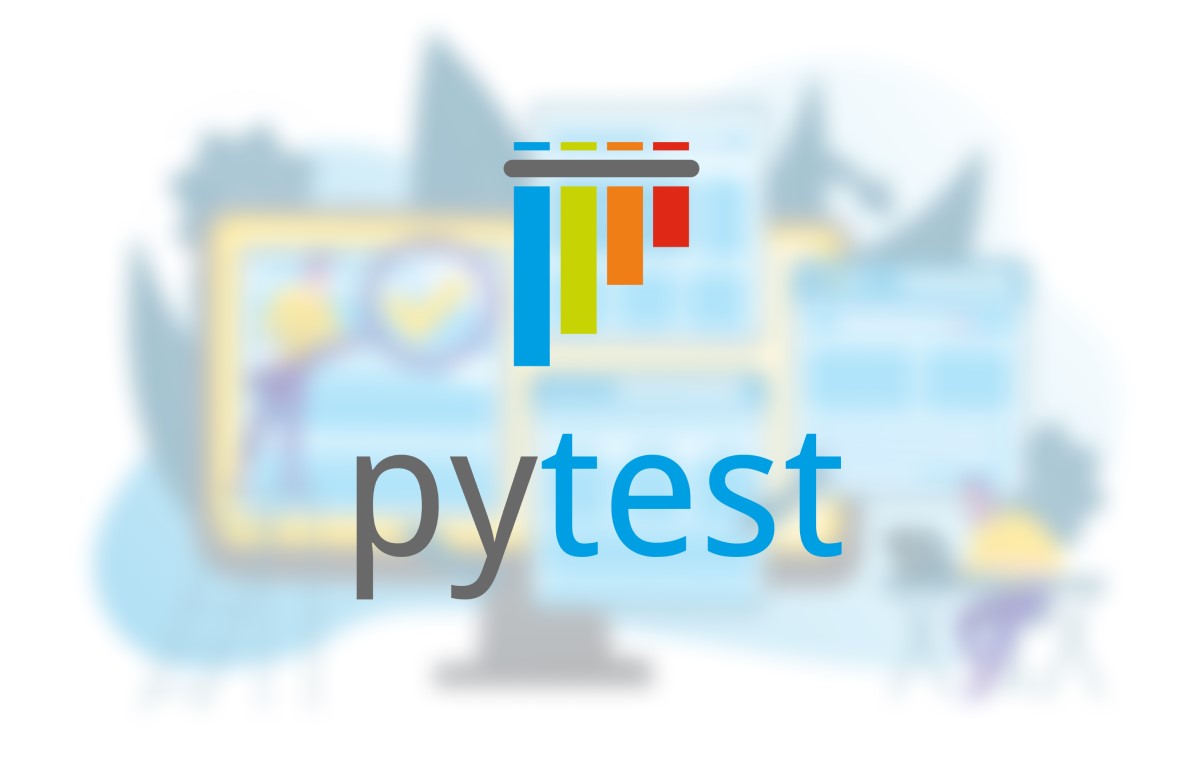
Pytest is a popular testing framework for Python that has gained widespread adoption in the software development community. It offers a simple syntax, powerful features, and extensive plugin support, making it a go-to choice for testing Python applications. In this article, we will explore nine fascinating facts about Pytest, shedding light on its capabilities, advantages, and best practices. Whether you're a seasoned developer or just getting started with testing in Python, these insights will deepen your understanding of Pytest and its role in ensuring the reliability and quality of your code. Let's dive into the world of Pytest and uncover the key aspects that make it a valuable asset for Python developers.
Key Takeaways:
- Pytest is a versatile and user-friendly testing framework for Python projects, offering simple syntax and detailed test reports. It promotes efficient and readable test suites, making testing fun and easy for developers.
- With Pytest, developers can run the same test with different input values, manage setup code across multiple tests, and seamlessly integrate with continuous integration systems. It encourages a culture of quality and reliability in software development, making testing a breeze!
Pytest is a Python Testing Framework.
Pytest is a popular testing framework used for writing simple unit tests as well as complex functional testing for applications and libraries. It provides easy-to-use fixtures and plugins, making it a versatile choice for testing Python-based projects.
Pytest Offers Simple Syntax.
One of the key attractions of Pytest is its simple and easy-to-understand syntax. This allows developers to write tests with minimal code, resulting in more efficient and readable test suites.
Pytest Supports Unittest.
Pytest is compatible with unittest, allowing developers to run unittest test cases using the Pytest framework. This flexibility enables a smooth transition for developers who are already familiar with unittest.
Pytest Provides Detailed Test Reports.
Pytest generates detailed and informative test reports, making it easier for developers to identify and address issues within their codebase. These reports include information such as test duration, outcome, and any captured log details.
Pytest Offers a Rich Ecosystem of Plugins.
Pytest boasts a rich ecosystem of plugins that extend its functionality, catering to various testing needs. These plugins cover a wide range of features, including code coverage analysis, parallel test execution, and integration with other tools.
Pytest Supports Parameterized Testing.
Pytest allows parameterized testing, enabling developers to run the same test with different input values. This feature simplifies the testing process and enhances test coverage.
Pytest Provides Fixture Support.
Pytest offers a powerful fixture support system, allowing developers to manage and utilize setup code across multiple tests. This promotes code reusability and simplifies the testing process.
Pytest Integrates Well with Continuous Integration (CI) Systems.
Pytest seamlessly integrates with popular continuous integration systems such as Jenkins, Travis CI, and CircleCI. This integration streamlines the testing and deployment pipeline, ensuring the reliability of the codebase.
Pytest Promotes Test-Driven Development (TDD).
Pytest encourages the practice of test-driven development by providing a robust framework for writing and executing tests. This approach fosters a culture of quality and reliability within software development projects.
Pytest, with its user-friendly features and extensive capabilities, has become a go-to choice for Python developers seeking efficient and comprehensive testing solutions. Its seamless integration with various tools and support for diverse testing scenarios make it a valuable asset in the realm of software testing. Whether it's writing simple unit tests or conducting complex functional testing, Pytest empowers developers to ensure the robustness and quality of their Python-based applications.
Conclusion
In conclusion, Pytest is a powerful and flexible testing framework for Python that offers numerous advantages to developers. Its simple syntax, extensive plugin support, and detailed reporting capabilities make it a popular choice for testing Python applications. By leveraging fixtures, parametrization, and powerful assertions, Pytest streamlines the testing process and enhances code quality. With its ability to integrate seamlessly with other testing tools and frameworks, Pytest empowers developers to create comprehensive and efficient test suites. Embracing Pytest can significantly improve the testing workflow, leading to more robust and reliable Python applications.
FAQs
What makes Pytest different from other testing frameworks?
Pytest stands out due to its simple syntax, powerful features such as fixtures and parametrization, extensive plugin ecosystem, and detailed reporting capabilities. These attributes make it a preferred choice for many Python developers.
How does Pytest improve the testing process?
Pytest simplifies testing through its intuitive syntax, powerful assertions, and the ability to create reusable fixtures. It also offers detailed and informative test reports, making it easier to identify and address issues within the codebase.
Was this page helpful?
Our commitment to delivering trustworthy and engaging content is at the heart of what we do. Each fact on our site is contributed by real users like you, bringing a wealth of diverse insights and information. To ensure the highest standards of accuracy and reliability, our dedicated editors meticulously review each submission. This process guarantees that the facts we share are not only fascinating but also credible. Trust in our commitment to quality and authenticity as you explore and learn with us.
